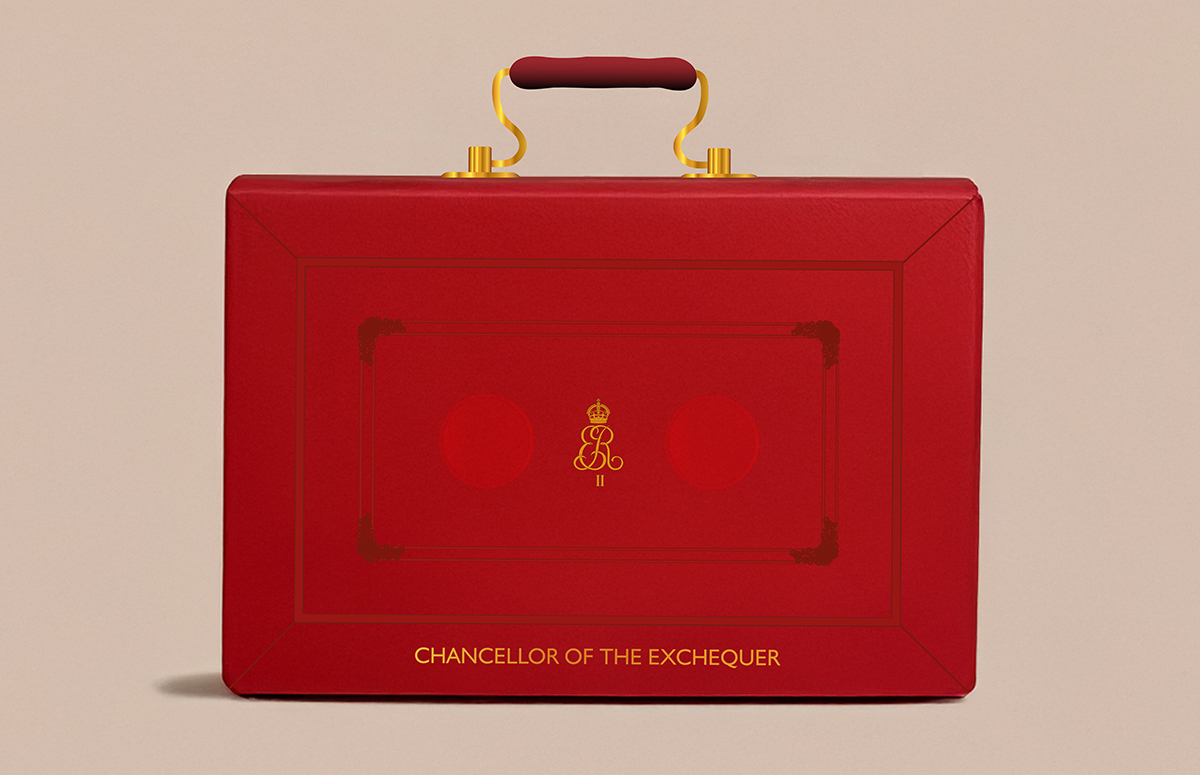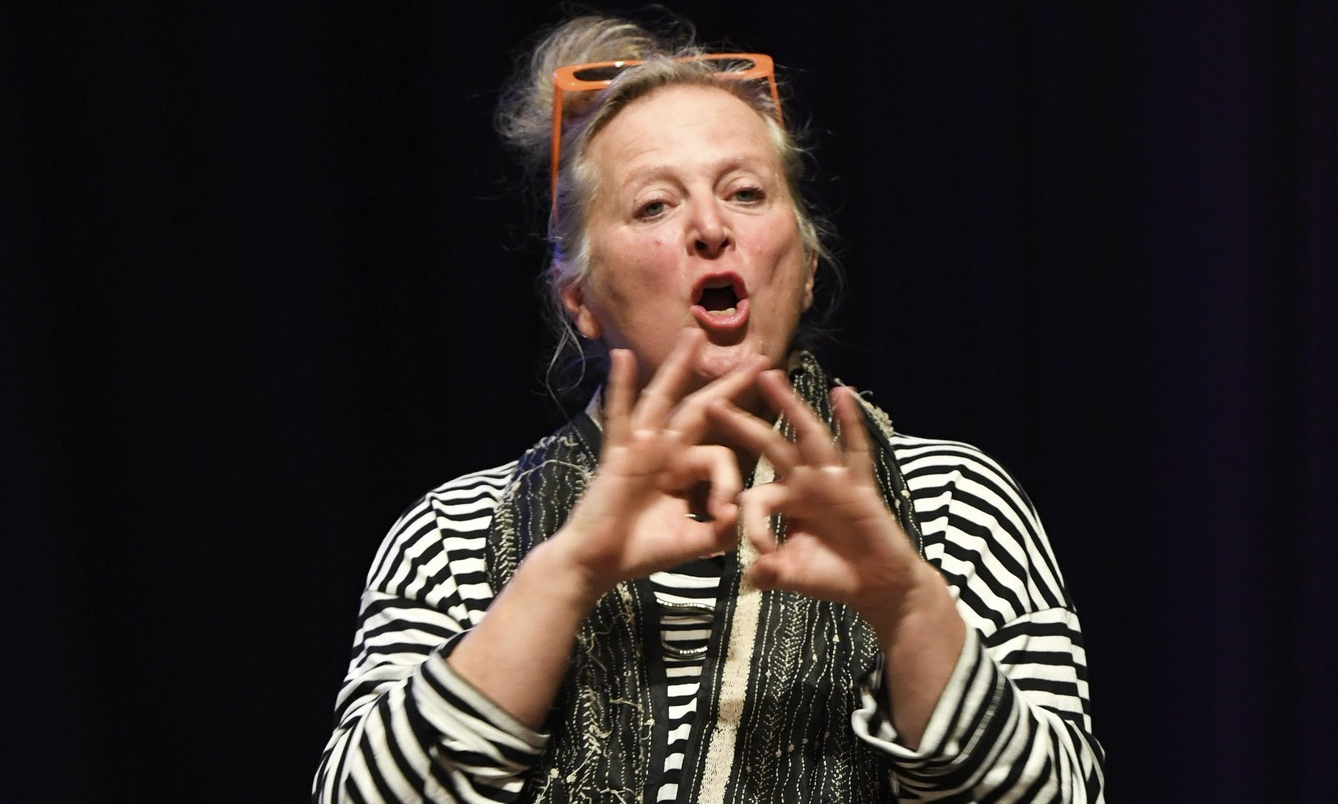Theatre and the arts in crisis once again thanks to UK government
11th April 2025
Wednesday 26th March saw Rachel Reeves deliver her first spring statement that outlined a series of reforms and spending cuts that raised concerns within the culture and arts sectors, because once again the arts were overlooked.
The arts in the UK are in crisis, and it has been for a long time. We continuously ask ourselves why, because our cultural sector is one of our greatest assets.
It employs 2.3 million people and contributes £125 billion to the UK economy annually, which is more than more than life sciences, automotive, aerospace and the oil and gas sectors together.
If governments want growth, why can’t they see that they would get substantial growth with the creative industry?
Despite early signals from Labour of support for the arts, the Spring Budget failed to provide any funding or backing at all. Failing our sector again, the government also introduced tax hikes and cuts to business rate relief, putting further and unnecessary strains on theatres and other cultural institutions.
Without proper investment we will lose much of our theatre industry. That’s venues, actors, playwrights, directors, producers, designers, dressmakers, front of house teams, lighting, sound engineers and so many other important people.

It’s not just those already working in theatre, it’s also those starting out and those dreaming of working in theatre. Already many schools are losing funding for arts and humanities, with so many students missing out on vital subjects, opportunities and experiences.
The children who take drama, learn an instrument, sing or dance, could be the next generation of theatre makers who will be ready to shape the future of our industry. But how will we know if these subjects are taken away without the right funding? How are we going to get new blood into the industry? Making the arts accessible to children from a young age is paramount.

STEM has always been at the forefront of the government’s initiatives. Remember this when Rishi Sunak wanted to implement his vision of ‘Maths to 18’?!
While STEM is important – how about STEAM and including Arts? That would not only invest in all subjects, but also in the creative industries and help to drive innovation and give new opportunities.
 The arts bring so much to people – enrichment, joy, knowledge, confidence and so much more – but it is always the first subject or industry to get cut. It’s as though the government don’t fully understand our industry and its true benefits.
The arts bring so much to people – enrichment, joy, knowledge, confidence and so much more – but it is always the first subject or industry to get cut. It’s as though the government don’t fully understand our industry and its true benefits.

It’s seen more as a luxury rather than a necessity. A nice to have if you will. Which is not the case. This misconception ignores how the arts bring economic, social, educational and mental health benefits. If only Rachel Reeves (and all chancellors) would open their eyes to really see what our industry does for the UK economy, for mental health, for young people, for everyone!
As Lyn Gardener said in her recent piece in The Stage, “there is little sign that the current government understands the arts and its potential to improve lives and drive growth any more than the previous Conservative administration.” - Not a truer word spoken!

What about the reforms to the welfare system and disability payments? How will that affect theatre workers? Jenny Sealey from disabled-led theatre company, Graeae has written an open letter ‘condemning’ the overhaul in welfare support.
These changes will have a detrimental impact on theatre and on our people. Venues are already closing; arts professionals are leaving the industry at a fast pace and funding cuts and lack of support are making it harder for cultural institutions to operate and stay alive.
We all need to do our bit to save the future of the arts, to continue its growth and global competitiveness. Through private sector investment, more community-led initiatives to promote local arts and opportunities to local communities and audiences, workshops, collaborations – we can but try.
The government show no signs supporting our future, so we must do what we can to protect the industry. The show must go on.